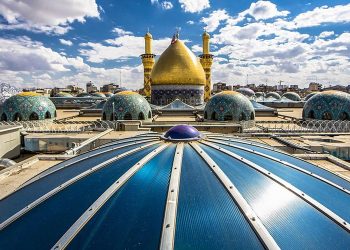The Customs Enforcement Collectorate in Karachi has thwarted an attempt to smuggle 14,000 donkey hides abroad.
The hides were recovered from a container cleared through the green channel of the Collectorate of Customs Export, the officials said.
The container was confiscated in the operation conducted at the South Asia Pakistan Port Terminal. The M/s Wow Trading had declared 285 packages of leather products in the official documents.
The export collectorate had already issued permission to load the container onto a cargo ship.
The Anti-Smuggling Organization staff of the enforcement section stopped the container for a detailed inspection and recovered 14,000 donkey hides.
It is recalled that the export of donkey hides is banned under Pakistan’s Export Policy. The cost of the confiscated shipment has been valued at Rs 80 million.
The customs staff took the hides into custody and transferred them to the ASO warehouse. A case has been registered against the exporter under relevant provisions of the Customs Act, and further investigation is underway.
Where did the meat go?
The question is now gaining serious attention from the public, yet no institution has offered a clear answer: if the hides of 14,000 donkeys were seized, what happened to the meat from those animals?
In the past, there have been multiple reports of donkey meat being sold in various areas of Punjab, and authorities have even made arrests in some of these cases.
This latest incident involving the large-scale smuggling of donkey hides has once again raised public concern about the authenticity and halal status of the meat being consumed. It’s important to note that, according to Islamic law, only halal animals may be eaten, and donkeys are not considered halal.



































